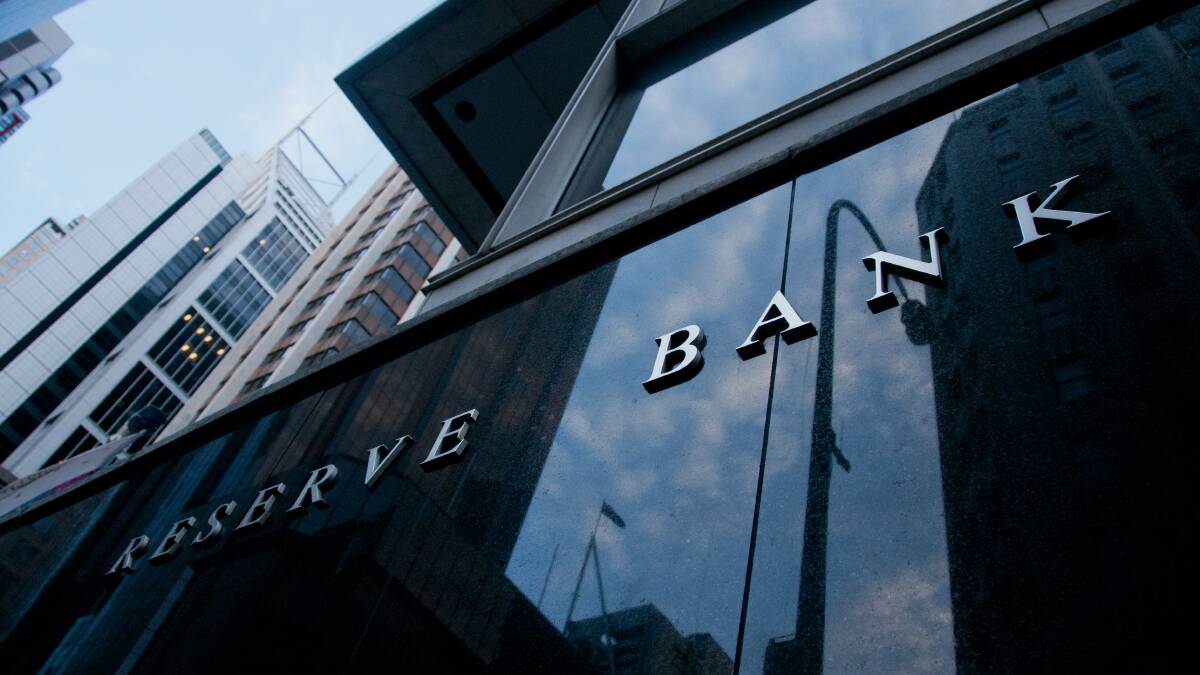
Mortgage repayment costs will rise in the coming months as robust inflation growth puts pressure on the central bank to hike interest rates earlier than first thought.
Latest consumer price index figures set to drop on Tuesday are anticipated to reveal a further acceleration in Australia's inflationary levels, at rates not seen in nearly a decade.
December quarterly CPI is expected to lift between 0.7 and 1.1 per cent.
The inflation boom has cast speculation among economists which now predict the Reserve Bank will have to move the cash rate before its initial prediction of at least 2023.
A cash-rate hike will have intended consequences cost of servicing a mortgages, with banks already bumping up lending rates in anticipation the RBA will move later in the year.
Westpac forecasts the cash rate will rise twice in 2022 with the total hike likely to be 0.4 per cent, bringing the monetary policy setting to its pre-pandemic level.
RateCity Research director Sally Tindall said the increase would make servicing an existing variable rate mortgage more expensive.
Ms Tindall noted an average mortgage of $500,000 on a standard variable would be paying $103 extra a month if the cash rate is brought up to 0.5 per cent in October.
"There's a whole generation of mortgage holders who've never experienced a cash-rate hike," she said.
"We might have record levels of savings, but it's going to come as a shock to many all the same."
RateCity analysis also shows if the cash rate hits 1.75 per cent by March 2024, as indicated by Westpac's forecasts, would see the average monthly repayment jump $427.
The RBA increasing the cash rate is known as a tightening of monetary policy.
It means the cost of borrowing becomes more expensive within the financial system and usually means the central bank is attempting to slow down inflation and growth.
RBA governor Philip Lowe has previously said the bank would not hike the cash rate until inflation is sustainably within its 2 to 3 per cent range.
Tuesday's inflationary rise is expected to be fuelled by higher housing, transport and fuel prices.
Westpac in its latest forecast believe annual CPI will lift 3.2 per cent from 3 per cent in the prior quarter, marking the second time where core inflation has been at the top end of the RBA's target band.
ANZ in an investor note the Australian Bureau of Statistics latest release will likely see the largest trimmed mean annual inflation level since 2014.
Head of Australian Economics at ANZ, David Plank said the expected rise inflation will likely prompt the RBA to revise its forecasts.
"I think that the real issue is what does the inflation number do for the RBA's forecasts," Mr Plank said.
"I don't think there's anybody in the world who believes the RBA's view of the world. So the debate is not whether or not the RBA goes earlier that they think they will. The debate is about how much earlier. Is it this year or early next year."
Mr Plank also noted the strength of the economy would likely be able to absorb the added cost of a cash rate hike this year.
ANZ expects annual trimmed mean inflation in the latest update will move from 2.1 per cent to 2.4 per cent.
The major bank also believes the rise inflation and unemployment dipping back under 5 per cent will see the RBA end its quantitative easing measures, brought in because during the pandemic.
Westpac economist Justin Smirk noted the rise expected to see in the CPI data from surging house prices is in part to government grants such as the HomeBuilder scheme.
HomeBuilder and similar housing schemes have boosted demand and also exacerbated supply constraint issues within the construction sector, making the cost of new housing more expensive.
Mr Smirk expects housing will be the largest contributor to the rise of CPI on Tuesday.
Ms Tindall from RateCity flagged most people will be able to take on the rising costs, however families financially impacted by COVID-19 will likely struggle to cough up the extra funds.
"Rate hikes are coming whether we like it or not - now is the time to prepare. If for you, that means battening down the hatches, start making a plan," she said.
"If you're on a variable rate, check it's competitive and if not, think about refinancing. Even asking your own bank for a rate cut will help take the pressure off, both now and in the longer term."







